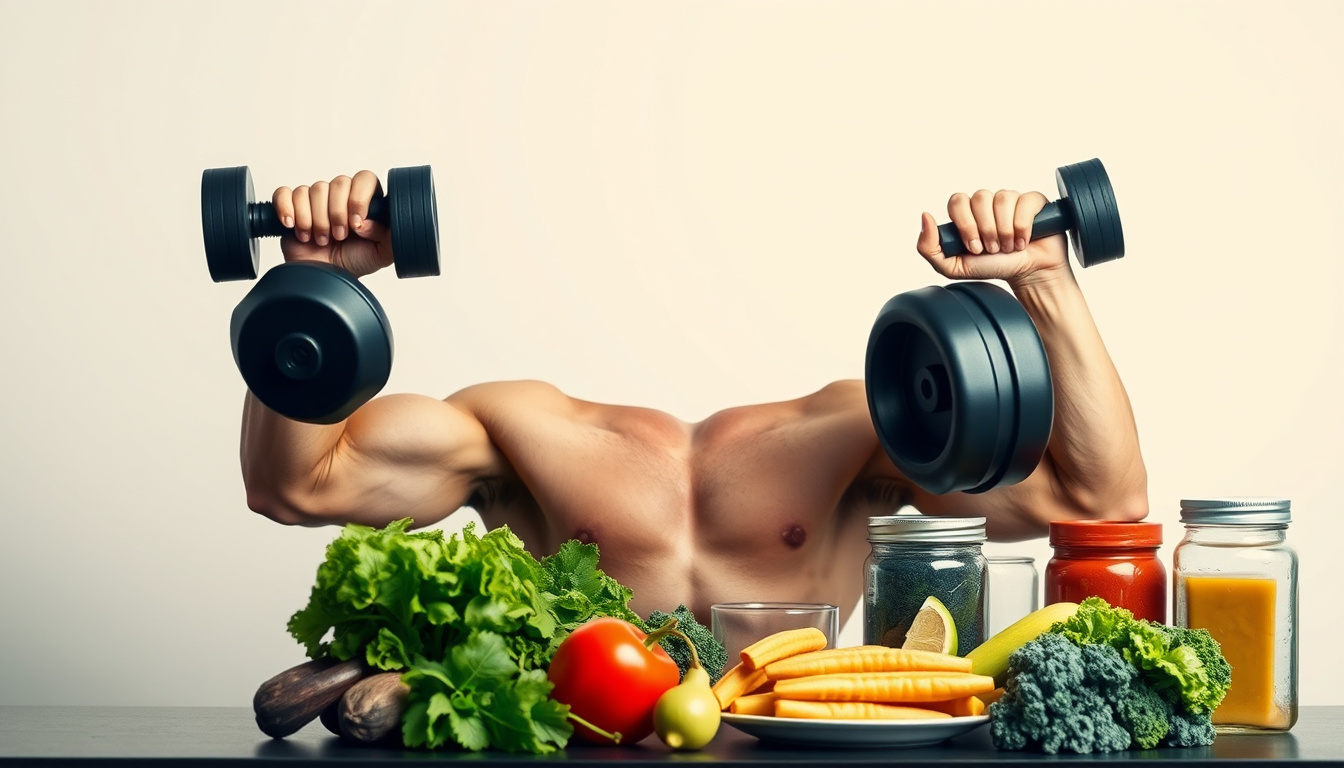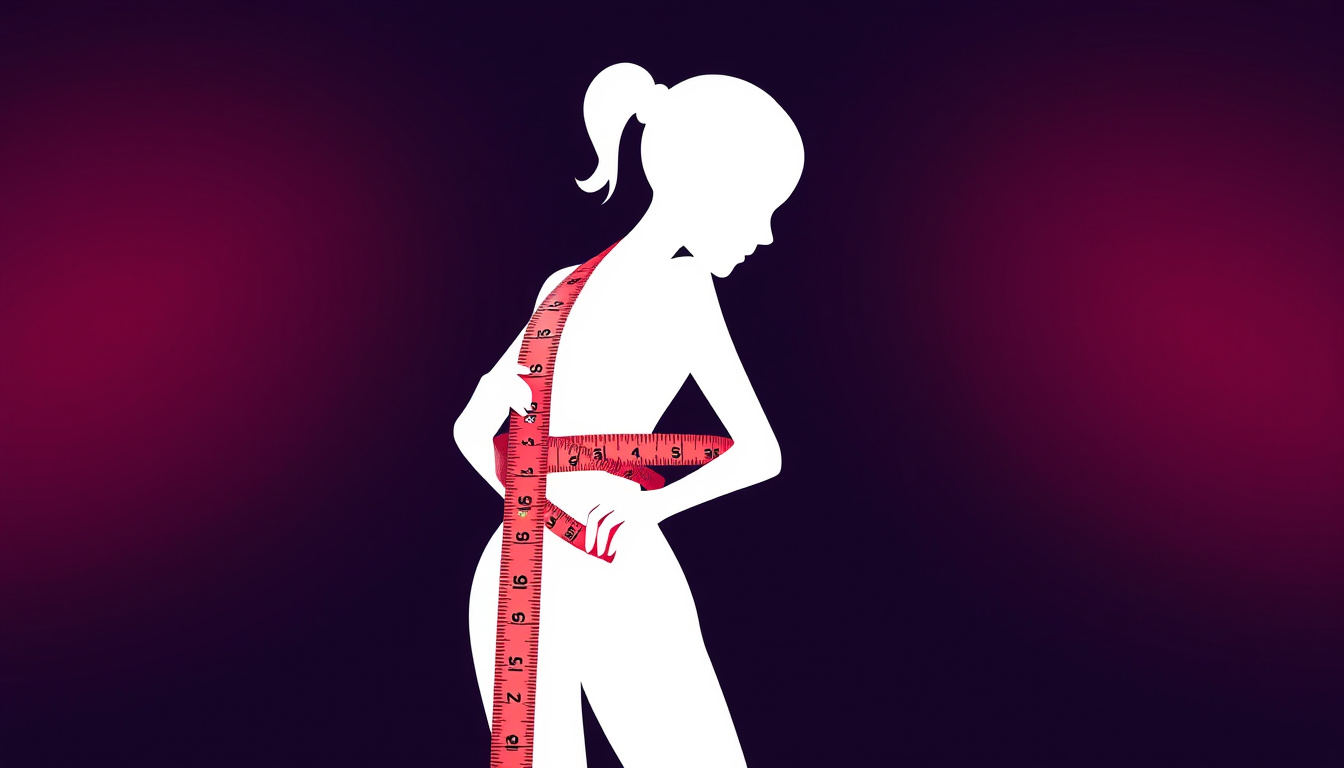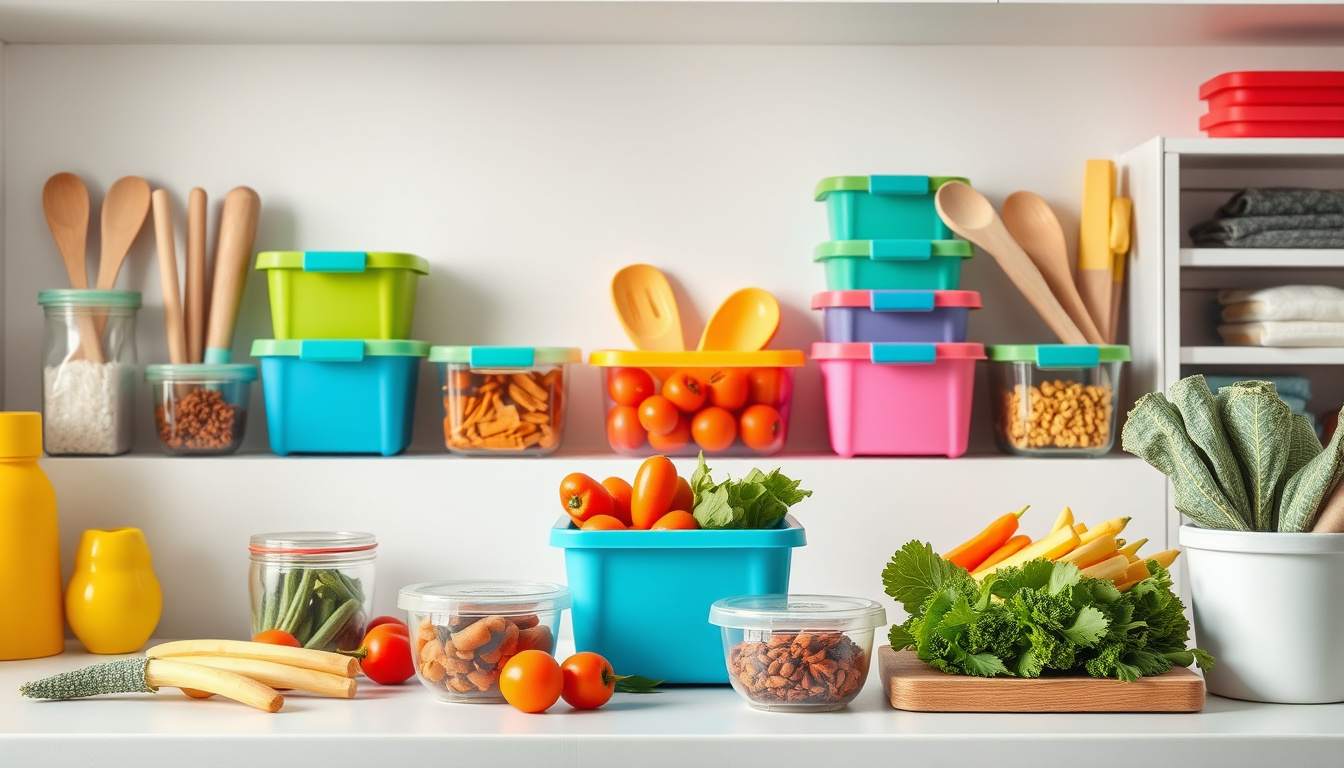Proper nutrition builds a healthy life. Protein forms a strong base. It helps build muscles, fix tissues, support the immune cells, and keep the body steady. No matter if you play sports, work long hours, or seek to improve your diet, smart protein use helps you keep good health. In this article, we share clear tips for reaching your best protein goal for your personal needs.
Why Is Protein Intake So Important?
Protein is a key macronutrient made of amino acids. These amino acids join to build body tissues and run enzymes. Enough protein helps:
- Grow and fix muscles
- Keep the immune cells strong
- Care for skin, hair, and nails
- Balance hormones and enzymes
- Make you feel full and stop extra eating
Using the right amount of protein supports your unique needs.
How Much Protein Do You Need?
Protein amounts change with age, sex, exercise, and health. Diet guides point to 0.8 grams per kilogram of body weight for a person who is not very active. Active people, or those who want muscle growth, might use 1.2 to 2.0 grams per kilogram.
For example, a 70 kg (154 lbs) person should have about 56 grams each day if not active. People who exercise may need between 84 and 140 grams.
Now, read these tips for a good protein plan.
Tips for Achieving Optimal Protein Intake
- Include Protein in Every Meal
Put protein in every meal. This sharing helps your body use the protein well. Try eggs in the morning, chicken or fish at lunch, and beans or tofu at dinner.
Using many types helps you get a full range of amino acids.
- Use Plant-Based Proteins
Plant proteins work well for those who choose a vegetarian or vegan path. Mixing different plant sources in one day gives you all the amino acids you need. Try lentils, beans, nuts, seeds, and whole grains.
- Use Protein Supplements When Needed
When food does not give you enough protein, you can try protein powders such as whey, casein, or plant options like pea or rice protein. Ask a health professional before you add supplements.
- Watch Your Portion Sizes
Knowing portion sizes helps you control protein well. For example:
- 3 ounces of cooked chicken breast = about 25 grams of protein
- 1 cup of cooked lentils = about 18 grams of protein
- 1 large egg = about 6 grams of protein
Keeping track of these amounts lets you plan your day.
- Plan Your Meals Ahead
Plan your meals and snacks to get protein all day. Carry nuts, Greek yogurt, or a protein bar when you have a busy schedule.
- Do Not Eat Too Much Protein
Even if protein is key, eating too much can strain your kidneys and cause other issues. Follow the suggested amounts unless a health professional says otherwise.
FAQs about Protein Intake
Q1: How do I raise my protein if I follow a vegetarian diet?
A1: Add plant proteins such as beans, lentils, tofu, tempeh, quinoa, nuts, seeds, and dairy if you can have it. Mixing various plant proteins in one day gives you all needed amino acids.
Q2: What signs show that I get too little protein?
A2: You may see weak muscles, feeling tired, hair loss, a low immune response, or slow healing. If these happen, check your diet with a health expert.
Q3: Should I use protein right after exercise?
A3: You do not have to use protein right away. Still, eating protein within 30 to 60 minutes after exercise helps the muscles fix and grow. Try a balanced meal or snack after a workout.
Sources and Additional Reading
For more details on protein facts and health, visit the Academy of Nutrition and Dietetics at their website (https://www.eatright.org/).
Conclusion
A strong body starts with a proper plan for protein. By putting good proteins in every meal, picking many types, and planning ahead, you use what your body needs. A plan based on your daily work and health needs works best. Start caring for your diet now for a healthier, stronger you. Your body will thank you!



